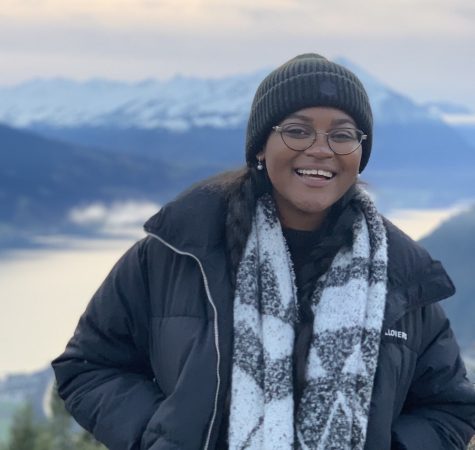Maintaining and paying attention to your mental health is important no matter who you are and no matter where you come from, right? While I hope the immediate answer in your own mind would be a resounding “yes,” this isn’t always the case for some groups, namely the black community.
Black people have lived a life of struggle in the Americas (and beyond) for thousands of years. We’ve struggled against not only the physical chains of slavery that our ancestors were subjected to but also the chains of inequality and inequity that we still strive to rid ourselves of to this very day. Our struggle has always been thought of, or at least taught to me, as linear and physical. Our fight is viewed as surface level: to free ourselves from the hold of those who should never have had a hold over us because of the color of our skin. But with that having been said, where does mental health fit into the physicality of our strife?
Growing up, mental health was never painted as an important aspect of my overall health. In the black community, the topics of mental health and mental illness are often thought of as concepts that are too small or abstract; we are told that our community is “too strong” or “our ancestors had been through too much” for us to gripe about something that very well may be “all in our mind.” Things like anxiety and depression are often explained as products of your own mind or the result of thinking too far into things.
And if you think those things are actually bothering you, you can work them out yourself; you don’t need someone else like a therapist to tell you things about yourself that you might already know. Throughout history, the only help we’ve ever gotten was from ourselves and our own people — you’re the only person that can help you.
These stigmas, though they might seem silly or outright stupid to you, have been taught to generations upon generations of black people. Parents teach these ideals to their children, who then pass it on to their children and so on and so forth. It’s a vicious cycle that leads groups of people into thinking that they’re all alone in their issues and thus invalidates their problems.
Let our generation be the one to break this cycle.
Mental health is extremely important. Mental illnesses are real and what you or others may be feeling is valid. If you or a loved one are struggling, do not be afraid to seek out a mental healthcare professional: it’s their job not to judge you! And while the color of your skin is a part of the experience that makes you uniquely you, it does not serve as separation or distinction dictating whether or not your mental state is important or valid. Alienating ourselves from acknowledging and therefore cultivating an important area of our health further suppresses our people and perpetuates the suppression of our community.
National Suicide Prevention Lifeline
1-800-273-8255









